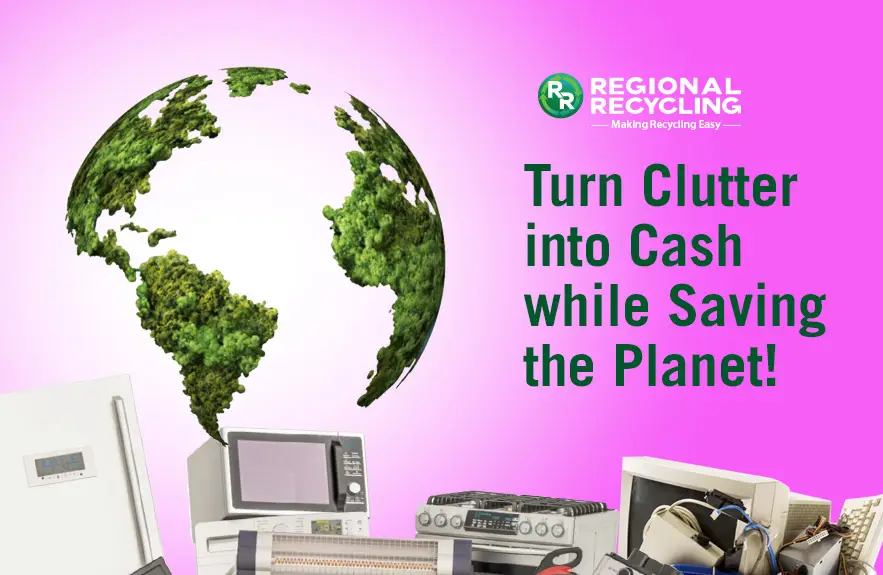
Reduce Your Water Footprint by Recycling Plastic
By:
Nadine |
Water is a precious resource that is essential for our survival. However, the production of the food we eat, the energy we consume, and the items we buy require a significant amount of water. To minimize water usage and protect the environment, we can start by ensuring we responsibly use plastic.
Plastic manufacturing consumes substantial water and energy resources while also contributing to water pollution, particularly in our oceans. By following the water-saving tips below, we can make a positive impact and shrink our water footprint.
Bring your Recyclable Containers to a Bottle Depot
It’s not realistic to avoid single-use containers altogether, but be sure to choose ones that can be recycled. Bring your recyclable containers to any of our bottle depot locations. There are 8 to choose from in BC. If going to the bottle depot is not convenient for you, try our recycling pick-up service, Depozip. Use the web app to schedule a curbside pick-up of your recyclable beverage containers, and you’ll earn 7 cents per container!
Opt for Sustainable Alternatives or Reuseable Plastics
Plastics pose numerous environmental challenges. It consumes large amounts of water and energy during manufacturing and contributes to the growing plastic waste problem. Avoid adding the plastic mountain to our planet by choosing alternatives and buying plastics that you’ll reuse or recycle. We can collectively reduce the demand for new plastic production and contribute to a healthier environment.


Embrace Reusable Tableware and Shopping Bags
Eating takeout meals or enjoying meals on the go is common for many of us. However, the disposable plastic utensils accompanying these meals contribute to water usage during manufacturing. You can enjoy your meals while reducing your environmental impact by carrying a set of reusable tableware, such as a travel cutlery set or chopsticks. Similarly, using cloth or reusable shopping bags instead of plastic bags can help to minimize plastic waste, as plastic bag recycling options are still limited in many areas.
Practice Effective Recycling Habits
Recycling plays a crucial role in reducing the accumulation of plastic waste. Whenever possible, recycle or reuse plastic items rather than disposing of them in the trash. Plastic bags and water bottles, in particular, are major sources of pollution in beach and creek cleanups. By ensuring that you recycle these items appropriately, you can prevent them from entering our natural ecosystems. Remember to rinse containers before recycling to avoid odours and pests, maintaining a clean and efficient recycling process.
Make Informed Choices
Compostable plastics may appear to be an eco-friendly solution. But, in reality, they often require specific conditions for effective composting, which are not readily available in most recycling or landfill facilities. Whenever possible, choose sustainable alternatives like washable plates and silverware instead. Furthermore, you can even earn money while recycling plastic bottles at a local bottle depot. By making sustainable shopping choices, you can cut down how much water is needed to manufacture new plastics.
Reducing our water footprint and minimizing plastic waste are crucial steps toward achieving a sustainable future. We can all play a part in conserving our water systems by adopting simple yet effective tips, such as avoiding waste, embracing reusables, recycling diligently, and making informed choices.



0 Comments